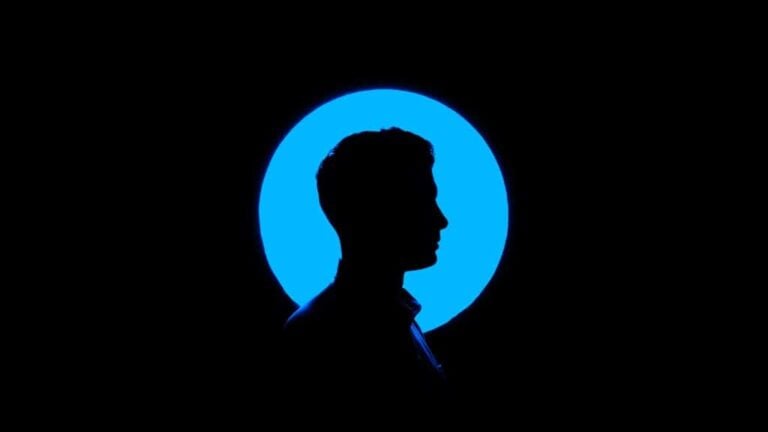Alcoholism, Alcohol Addiction, And How To Help Alcohol addiction or alcoholism can turn your life upside down. It is a downward spiral that is hard…
Alcoholism, Alcohol Addiction, And How To Help
Alcohol addiction or alcoholism can turn your life upside down. It is a downward spiral that is hard to get out of and the road to recovery can be challenging. However, with the help of treatment professionals like the ones at Costa Rica Treatment Center it is not impossible to put an end to alcohol addiction and return to a healthy lifestyle. Whether you are addicted to alcohol or know someone who has an alcohol abuse problem, keep in mind that with a little help, you can help put their life back on track.
Before you can start your journey on the path of recovery, it is important to learn how to deal with alcoholics. You should educate yourself on the condition known as alcoholism, how it affects you and those around you, what you can do to get and stay sober, and what to expect during the recovery process.
Scroll down to find answers to all these questions and simplify the process of overcoming alcohol addiction.
What is Alcoholism
Alcoholism or alcohol addiction refers to alcohol dependency. It is the most severe form of drinking problem. People with alcohol dependency problems struggle to control or limit alcohol consumption on a daily basis.
Even if drinking affects the overall quality of their life, their craving for alcohol is strong enough to keep them hooked to alcohol as they get sucked into the downward spiral of heavy drinking.
Common Symptoms Of Alcoholism
Here are a few common signs and symptoms that can be used to identify a drinking problem. If you or someone you know displays most of these symptoms, know that you have a case of alcohol abuse or alcoholism on your hands and get ready to take some measure to help yourself or your loved ones out of this troubling situation.
- Neglecting responsibilities at home and work due to heavy drinking
- Using alcohol when it can put you or people around you in physical danger e.g. drinking before driving or mixing prescription drugs with alcohol, etc.
- High alcohol tolerance
- Continue to drinking even when it affects your personal relationships
- Regularly staying drunk for the most part of the day
- Inability to go without drinking for a long time or experiencing a strong and regular craving for alcohol
- Turning to alcohol as a coping mechanism or a way to de-stress
- Spending an unusual amount of money on alcohol
- Experiencing alcohol withdrawal symptoms
Symptoms of Alcohol Withdrawal
Here’s a list of some of the most common withdrawal symptoms that people with alcoholism experience. In order to quit alcohol for good or limit your alcohol consumption, you will have to battle these withdrawal symptoms and find healthy ways to alleviate and overcome them.
- Excessive sweating
- Temper control issues
- Fatigue
- Irritability
- Headache, nausea and/or vomiting
- Loss of appetite
- Depression and/or anxiety
- Trembling
If you experience any of the following alcohol withdrawal symptoms, it is advisable to consult a doctor immediately.
- Hallucination or confusion
- Agitation
- Fever and/or seizures
- Severe vomiting
How to Help Yourself
Overcoming alcoholism can be difficult but not impossible. A lot of people manage to get sober and stay that way for recurring back to a drink for the rest of their lives. You can do it too. Here are a few things that can help you on the road of recovery.
Alcohol Addiction Treatment
Some people manage to quit drinking on their own. However, most people with alcoholism may need a professional alcohol addiction treatment to withdraw safely and begin the recovery process. Whether you need addiction treatment or not depends on several factors like the severity of the addiction, time period of addiction, your resolve, etc.
While you can always try to stop drinking on your own, it is advisable to look for an alcohol addiction programs to help you do it swiftly and without much trouble. Addiction recovery centers generally offer multiple programs that are tailored to meet the needs of different individuals. Some of them may include:
- Inpatient residential rehab
- Partial hospitalization
- Out-patient programs
- Therapy or counseling
Choose the one that suits you the best!
Find Your Triggers
Your addiction counselor can help you with this but you can also take it upon yourself to identify the triggers that send you looking for a bottle of alcohol. With the help of your counselor develop ways to avoid triggers and deal with them in a healthy way when you do experience them.
Keep A Check On Alcohol At Home
Another tip is to keep a check on the amount of alcohol you bring into your house. This works for those who are looking for ways to cut down alcohol consumption. It’s simple – if alcohol is not conveniently available in your house round the clock, you are less likely to consume it in excess. For those looking to reduce their alcohol intake the recommended course of action is not to have alcohol readily available and avoid places where alcohol is served.
Test Your Ability To Control Your Drinking
If you are uncertain of your ability to control your drinking, try to reduce the amount you consume. Before going out establish a preset amount of drinks you will have. If you are unable to keep your alcohol intake to the established limit you may very well be alcoholic. Generally, an alcoholic is someone that has developed the symptom of craving and that despite their earnest efforts to stop and remain stop continually recurs back to the substance despite evidence to show they cannot safely drink.
Adopt A Healthy Lifestyle
This is perhaps one of the most important parts on overcoming alcoholism or alcohol dependency. It is not enough to simply stop drinking. Most will find it helpful adopting a healthy lifestyle and having a sober social group which can significantly help you reduce alcohol consumption and even put an end to it for good.

How to Help Your Loved Ones
Helping your loved ones through an addiction is not always easy. It may take a lot of understanding and patience on your part. If you know someone who is struggling with alcohol abuse or alcoholism, the first thing you should do is talk to them. It is likely they may straight-out deny having a drinking problem at first. After all, who wants to admit they have a drinking problem?
Help them understand the impact and consequences of alcoholism on their life. You may also plan an intervention with the help of professionals. Overcoming alcohol abuse problems or alcoholism is much easier when an individual is surrounded by people who support them and encourage them to stop drinking. It is advisable to make sure you offer your full support but establish clear limits and boundaries. Another good option is to help them look for an alcohol rehabilitation center.
Take the time to learn about alcohol abuse and alcoholism. These are two different things and require different recovery measures. Learning more about drinking problems will put you in a better position to help your loved ones.
Remember you don’t have to go through this alone. Effective help is just a phone call away. So, take care of yourself and your loved ones and don’t let alcohol ruin your health and happiness! For more information contact us at 1-800-708-3656. We are available to help you 24/7.









